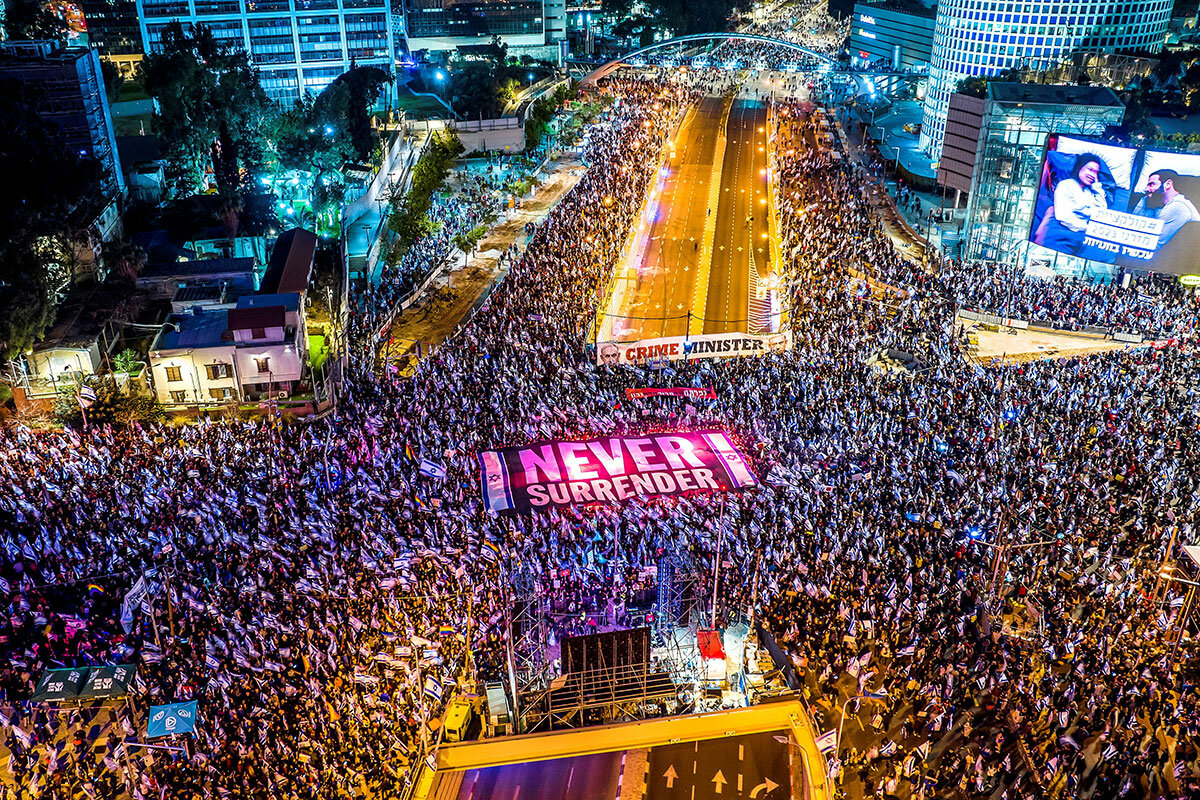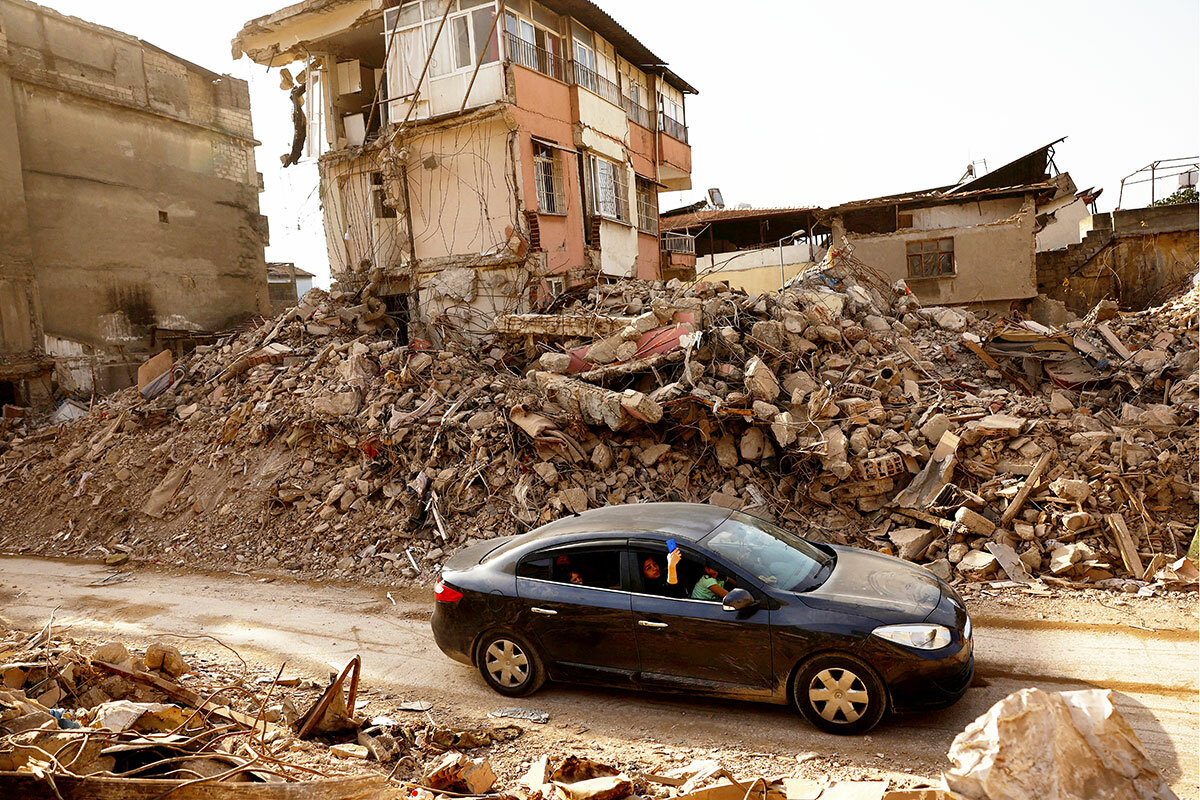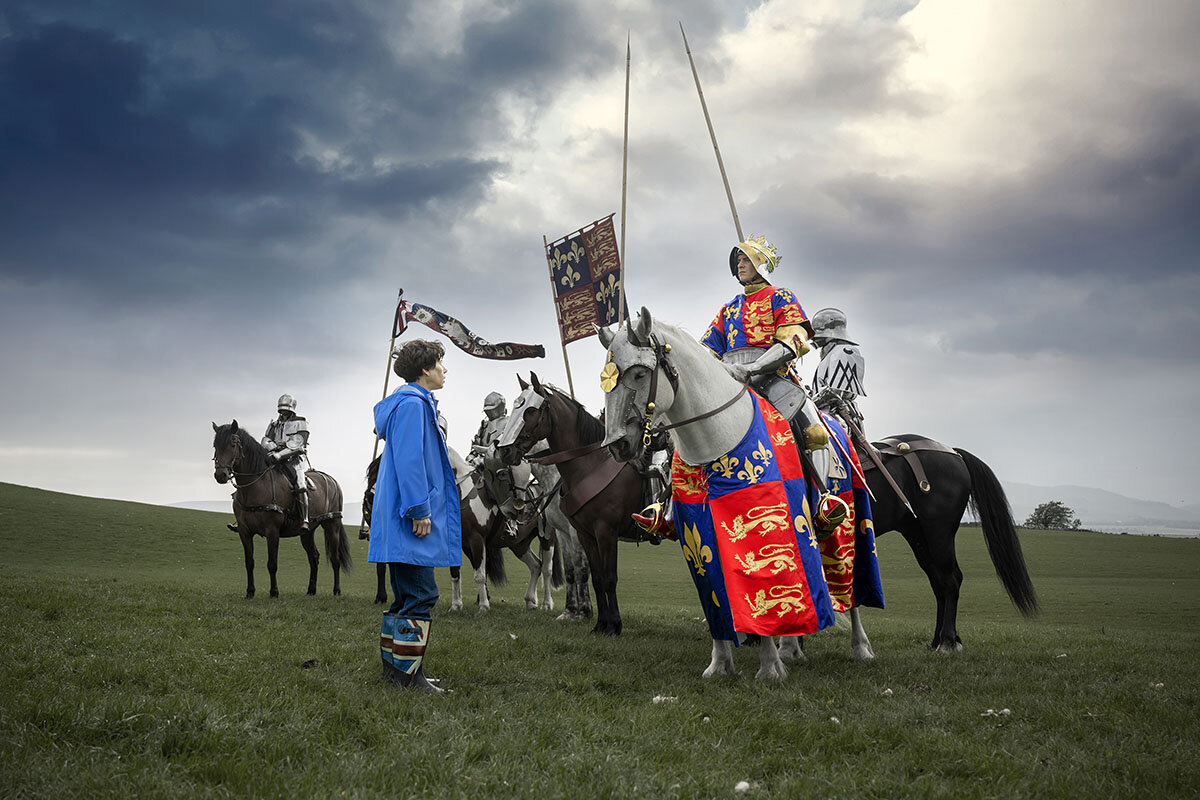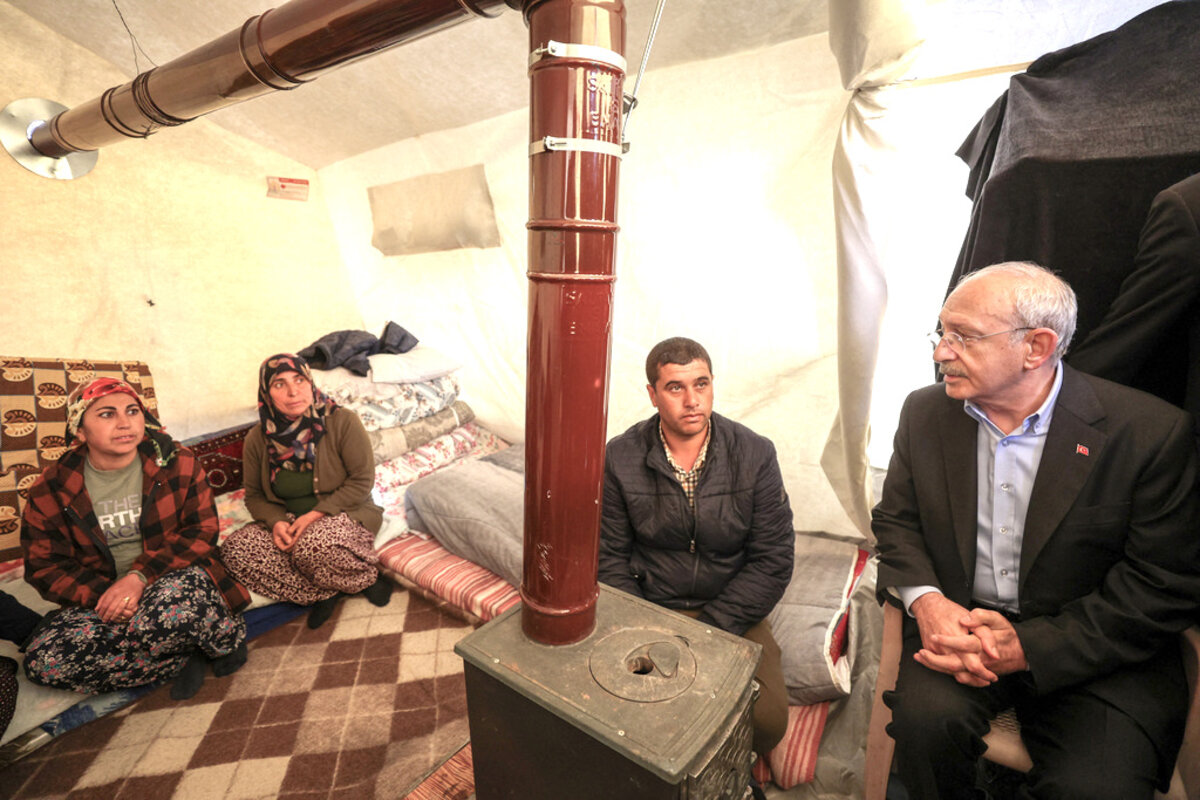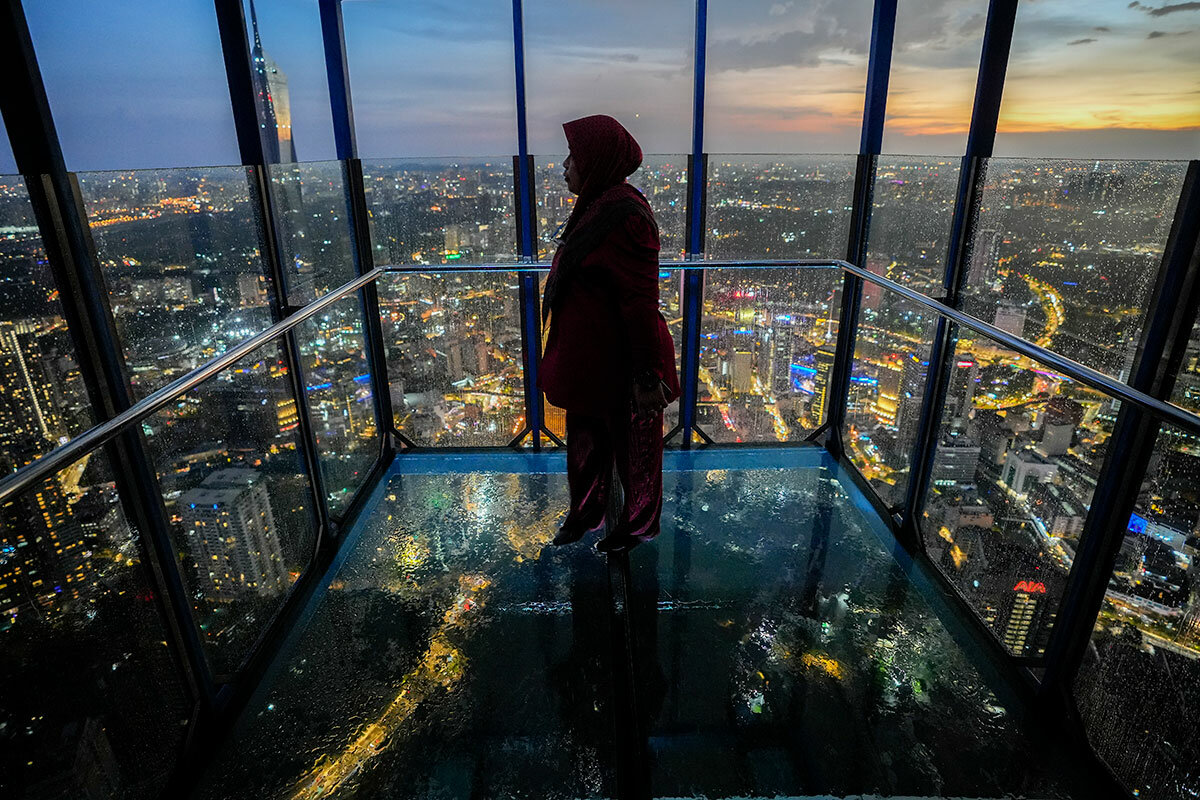The question over whether to ban TikTok sits at the nexus of two broader debates: how to regulate increasingly influential social media platforms, and how to foster U.S. interests as China’s economic and military power grows.
Monitor Daily Podcast
- Follow us:
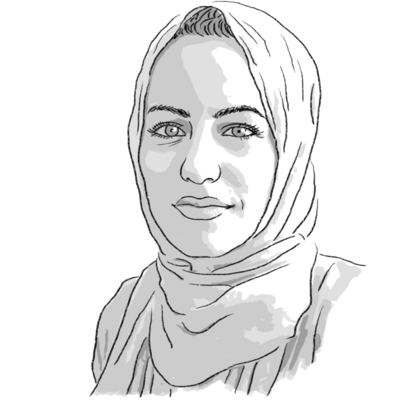 Husna Haq
Husna Haq
My childhood memories of Ramadan don’t revolve around presents, decorations, or even elaborate feasts. For the most part, there were none. As my siblings and I grew up as first-generation Muslims in the United States, far from the decorated streets and festive atmosphere overseas, we didn’t have much of a “Ramadan culture” yet. What I do recall was my dad’s sunny cheer in the dead of night.
Ramadan, which begins today, is the month in which Muslims fast from dawn to sunset. We believe the first verses of the Quran were revealed in this month – a time of spiritual discipline, deep contemplation of the Quran, and increased worship and charity.
During this month, our day is bookended by two meals: suhoor, the pre-dawn meal, and iftar, the fast-breaking feast. In our house, suhoor meant four cranky and sleepy teens stumbling down the stairs to slurp a bowl of cereal at 4 in the morning. Blinking, we’d come down to find my dad fresh-faced, frying eggs and cracking jokes – often, he had been awake for hours, praying. Incredulous, we’d scowl; undeterred, he’d smile. That’s how it went, every night, for the entire month.
Some two decades later, life looks very different. My dad is gone, and I will have my own brood to rouse and feed before the crack of dawn. And the busier life gets, the more I understand his cheer.
Life today is so saturated that decluttering closets, detoxing diets, and disconnecting from devices fuel entire industries. Ramadan, for many of us, comes as a relief. It’s a reset of sorts, an opportunity to disconnect from the distractions of life and reorient ourselves toward the spiritual. Sure, long hours without food and drink during the day, and waking early and worshipping at night, can be exhausting. But the physical hunger fuels spiritual fulfillment, a closer connection to the Divine. It’s something Muslims often refer to as the “sweetness of faith.”
Was I smiling today as I sleepily ate my cereal and toast in the wee hours? No. But even through the sleepless hours of night and the hunger of long fasts, I see now what lighted the serene smile on my dad’s face.







